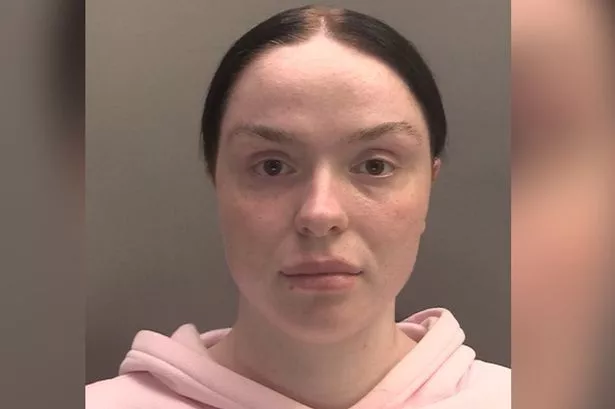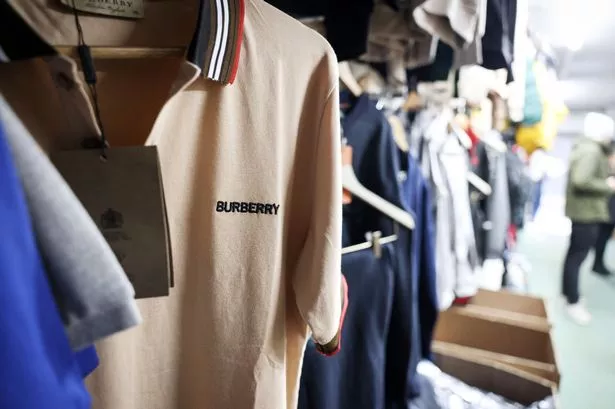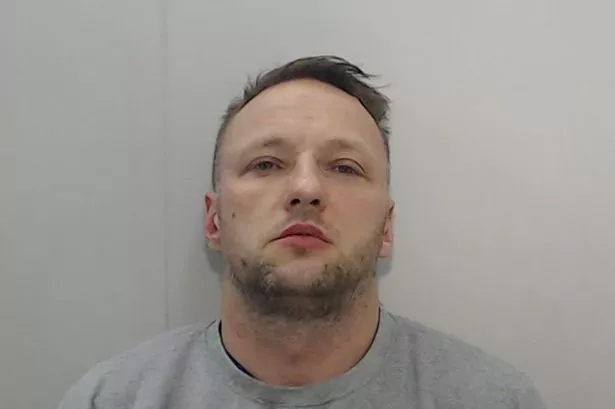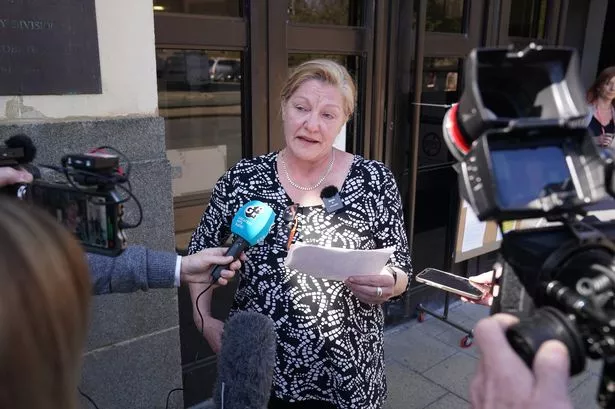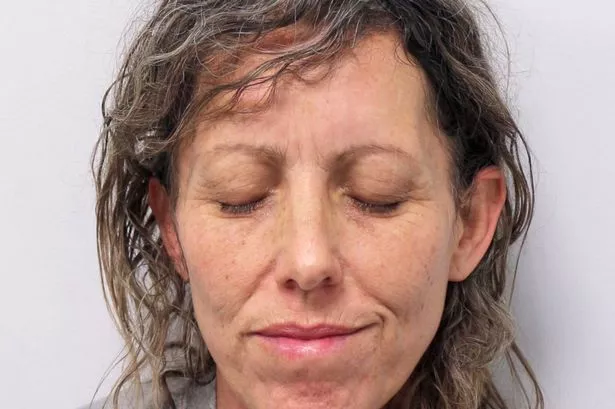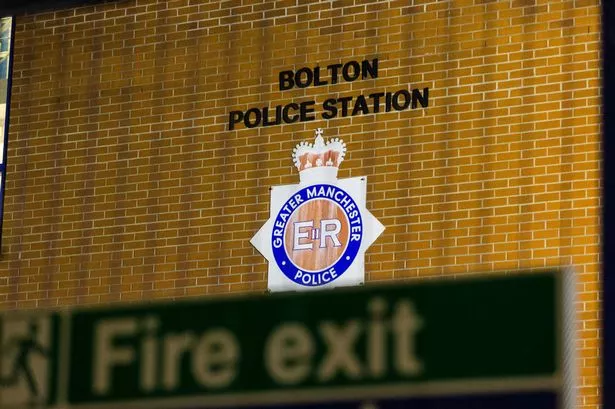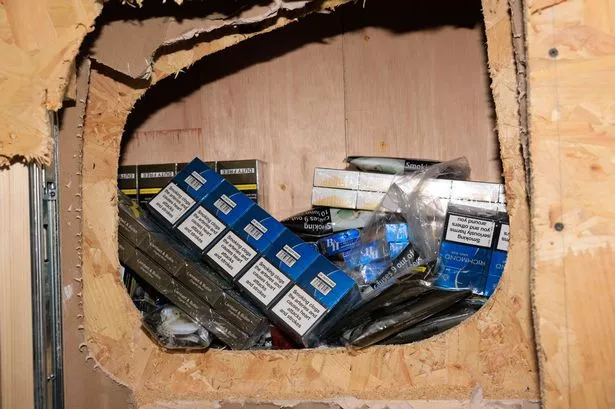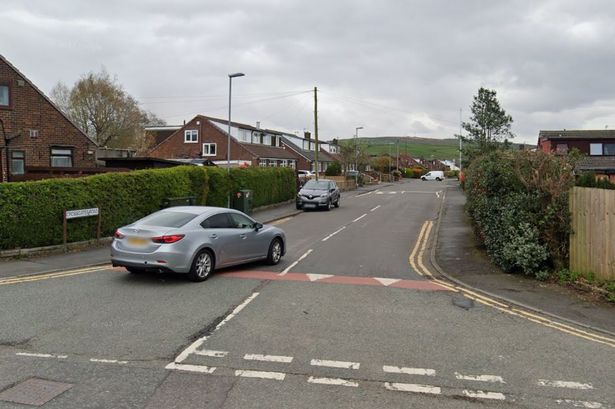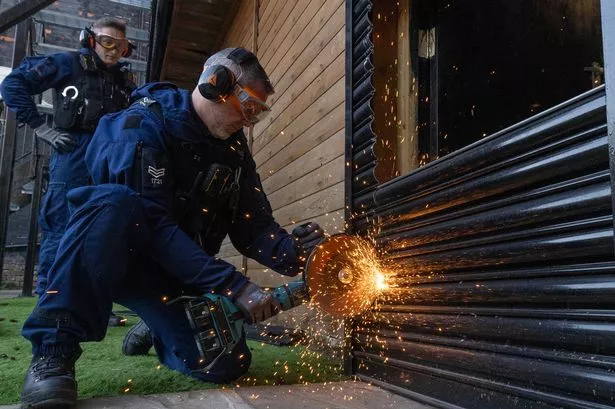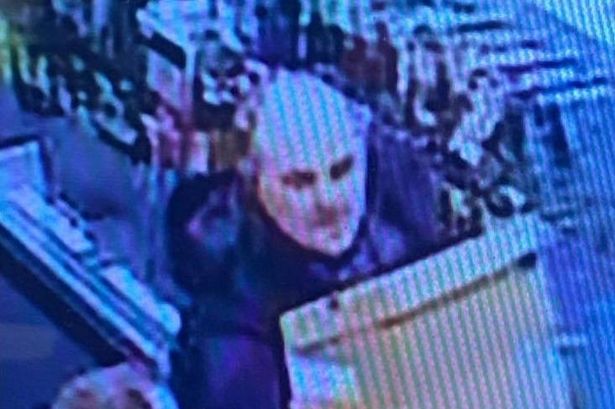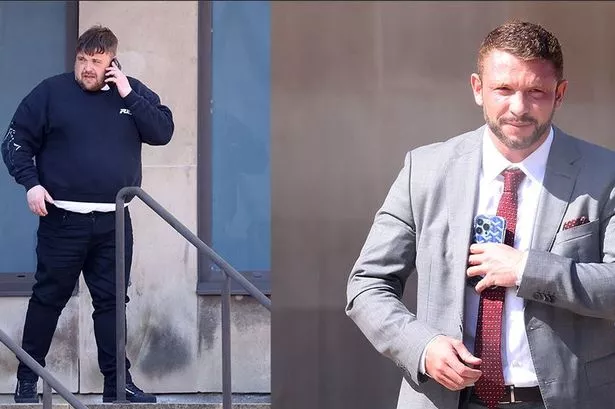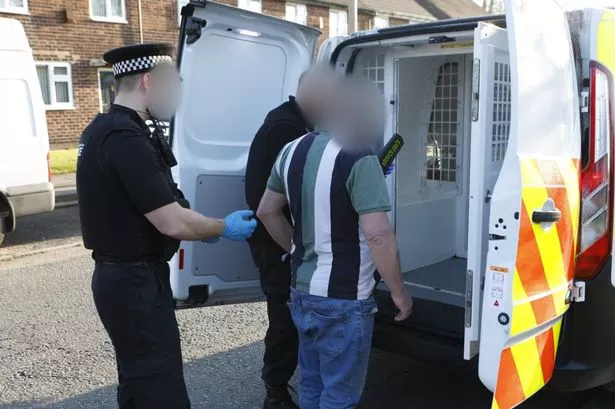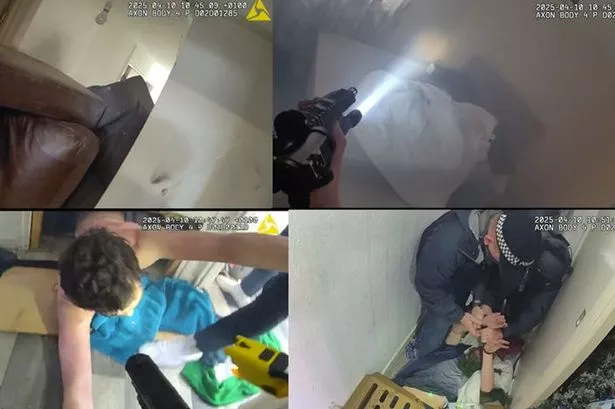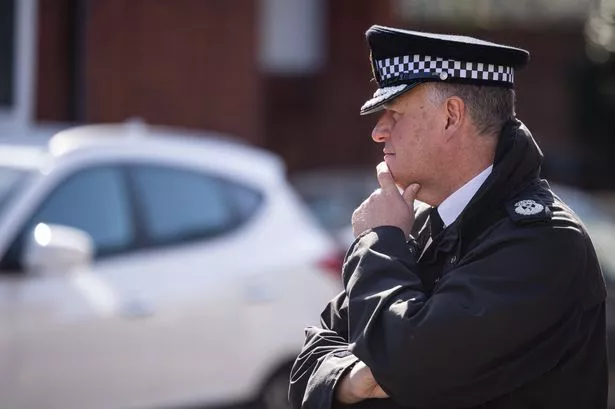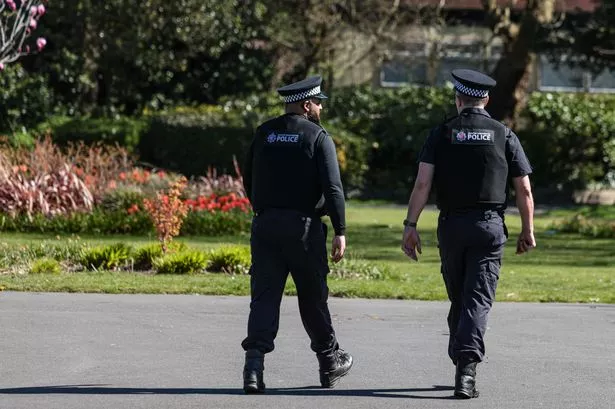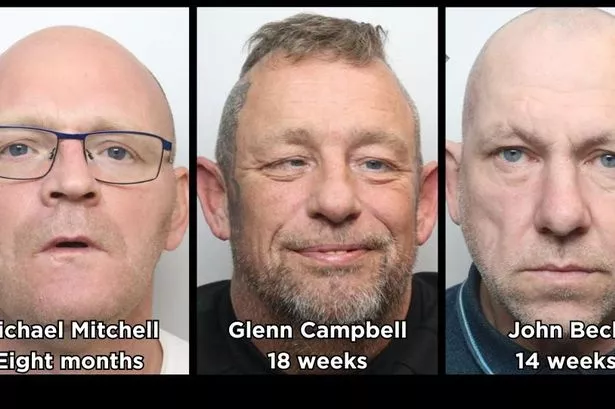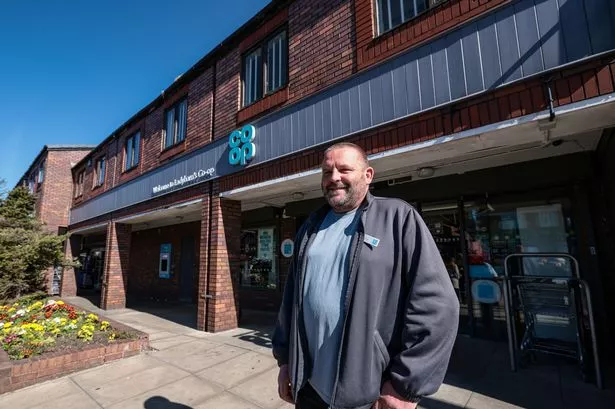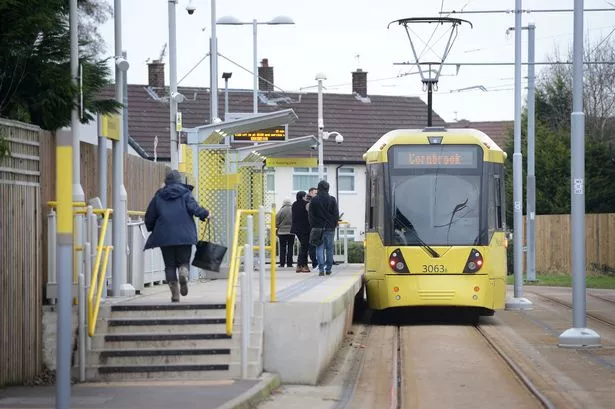Daniel McLoughlin's 14-Year Sentence for Drug Trafficking
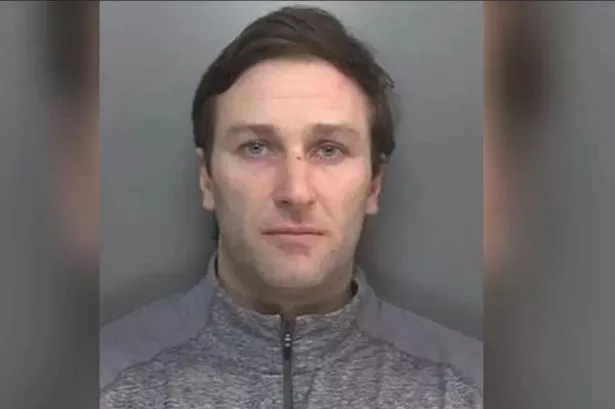
A "unrepentant" criminal named Daniel McLoughlin has lost his appeal against a 14-year sentence for setting up a drugs hotline. Along with co-conspirator Elliot Garrity, McLoughlin launched the supply line in 2020, utilizing a black cab to conceal their activities.
The duo advertised their drug supply service on Instagram, allowing users to place orders that Garrity delivered, using a cab driver's card machine to disguise their operations as taxi fares. McLoughlin boasted about earning approximately £15,000 in a single week from what he called the "best drugs line ever," and had plans to expand the business to a 24-hour operation with multiple drivers.

During the Covid lockdown, they began to offer non-drug items like prosecco and crisps to further expand their customer base. McLoughlin used the Encrochat handles Tabooky and Wearyspear for communication, but when European law enforcement hacked the network on June 13, 2020, rather than going into hiding, he and Garrity switched to disposable Nokia phones.
McLoughlin enlisted his partner Charlotte Smith and friend Luke Bolan to help with deliveries. He even shipped a quarter kilo of ketamine to Australia in vacuum-sealed Starbucks coffee bags and discussed further expansion with Garrity.
In March 2024, at Liverpool Crown Court, Judge Stuart Driver KC heard that police estimated the total drug supply during the indictment period was 1.77kg each of ketamine and cocaine. McLoughlin's previous custodial sentences for class A drug supply and use of EncroChat were taken into account, leading to a significant sentence increase due to his organized and ambitious nature as a drug trafficker.
McLoughlin pleaded guilty to two counts of conspiracy to supply a controlled drug of class A, conspiracy to supply a controlled drug of class B, and dealing with goods with fraudulent intent, resulting in a sentence of 14 years and four months. Garrity received an eight-year sentence after pleading guilty to the same charges.
During the High Court appeal, McLoughlin's defense, led by Michael Lavers, advanced three grounds for reconsideration, arguing the judge made errors regarding sentencing categories, roles, and the notional starting point. However, Justice Garnham concluded that the sentencing judge weighed the mitigating factors against significant aggravating factors and dismissed the appeal, noting that the plea was only entered after a jury had been sworn and discharged.

